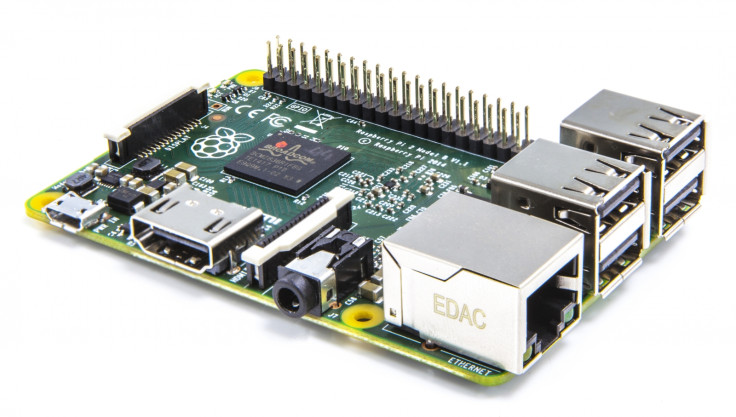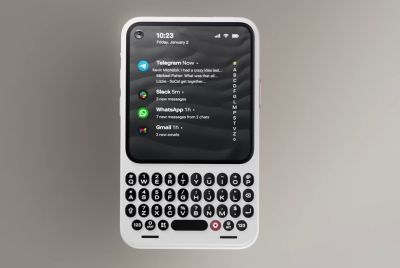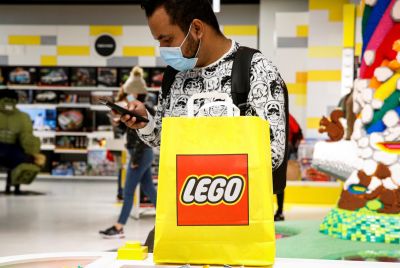Raspberry Pi 2 launched promising six times the performance for the same price
Windows 10 coming to Raspberry P1 2

Raspberry Pi 2 Specs
- Broadcom BCM2836 900MHz SoC
- 1GB RAM
- Four 32-bit ARMv7 Cortex-A7
- 4 x USB ports
- MicroSD port
- 1 x HDMI port
- Price: £22.75
The company behind the hugely successful Raspberry Pi micro computer has launched an updated version with Raspberry Pi 2 promising up to six times the performance of the original.
Developed in the UK by the Raspberry Pi Foundation and measuring no more than a credit card, the Raspberry Pi was conceived as a cheap PC which could be used to promote computer science in schools.
The company announced in June last year that since launch in February 2012, over three million Raspberry Pi computers had been sold.
The Foundation has launched four versions of the Raspberry Pi in total (Model A, Model A+, Model B and Model B+) all of which featured the same Broadcom BCM2835 chip.
The main difference with the Raspberry Pi 2 is the inclusion of the new Broadcom BCM2836 chip, which features four Cortex A7 processing cores and is paired with 1GB of RAM, double the previous highest available configuration.
"Now it's just good"
Eben Upton told The Register: "I think it's a usable PC now. It was always the case that you could use a Raspberry Pi 1 as a PC but you had to say 'this is a great PC in so far as it cost me 35 bucks'. We've removed the caveat that you had to be a bit forgiving with it. Now it's just good."
The Foundation also announced that the Raspberry Pi 2 will be able to run a version of Windows 10 after "working closely with Microsoft" and the Raspberry Pi 2-compatible version of Windows 10 will be available free of charge to makers.
However, before you get too excited, this will be the version of Windows 10 designed to run on Internet of Things devices, meaning it won't have support for the flashy Windows 10 interface.
Upton said the new Raspberry Pi 2 will cost the same as the Model B+ which is currently on sale for £22.75.
Upton said that 100,000 units of the Pi 2 would be available straight away, with Sony's plant in Punched, South Wales, churning out more at the rate of "thousands a day".
When asked what the extra power would allow the company to do, Upton said it would probably be used "in the embedded makery world, for some image processing stuff."
He added: "There are a lot of people who want to do computer vision things like OpenCV. You can optimise OpenCV pretty well to run on the DSPs that are in Pi 1, but in the end there's just no substitute for just lots more CPU performance."
Last December Imagination Technologies launched a similar product with its £50 Creator board with the aims of allow everyone from enthusiasts to students create, make, and build new hardware and software by lowering the cost of development.
© Copyright IBTimes 2025. All rights reserved.






















